Exploring Synonyms for ‘Convoluted’ and Their Use in Clear Communication
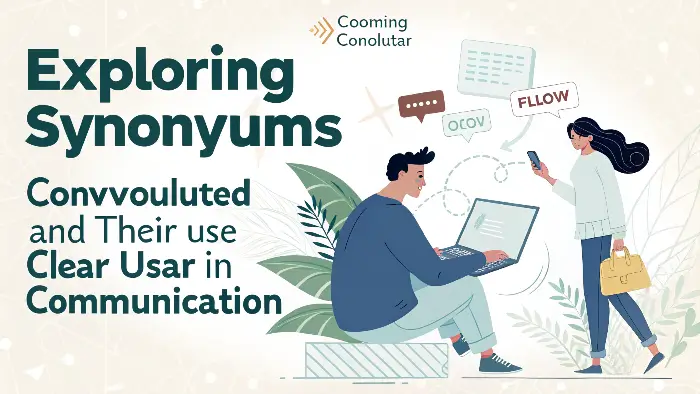
Exploring Synonyms for ‘Convoluted’ and Their Use in Clear Communication
The word “convoluted” refers to something that is intricate, complex, and difficult to understand due to its complicated structure or design. It is often used to describe situations, explanations, or ideas that are overly detailed or tangled, making it challenging for the audience to follow.
However, while convoluted accurately captures the idea of complexity, there are many synonyms that can express similar meanings, each with its own nuance and applicability. Understanding these synonyms can help you choose the right word for different contexts and improve your communication by offering more precision.
In this article, we will explore various synonyms for ‘convoluted’, their meanings, and when to use them for effective and clear communication.
What Does ‘Convoluted’ Mean?
Convoluted describes something that is complex, twisted, and hard to follow due to its intricate or tangled nature. It is often used to critique ideas, systems, or processes that are unnecessarily complicated or difficult to comprehend.
For example:
- “The lawyer’s convoluted explanation only made the case more confusing.”
- “The convoluted design of the machine made it difficult to repair.”
While convoluted often has a negative connotation, it is useful for highlighting complexity in a way that suggests the need for simplification.
Synonyms for ‘Convoluted’ and Their Nuances
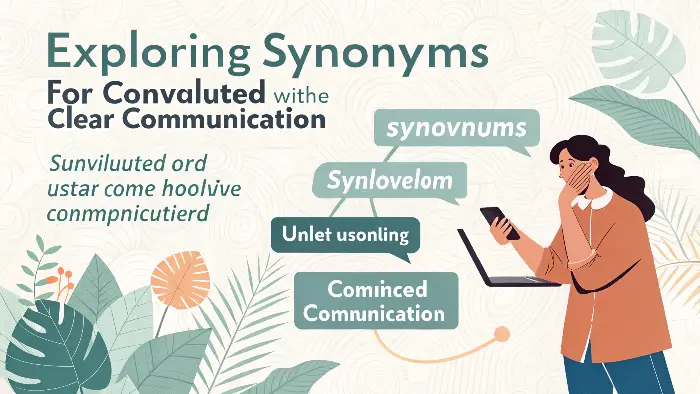
- Complex
Complex is a broader and more neutral synonym for convoluted. It refers to something with many interconnected parts or layers that may require more effort to understand. Unlike convoluted, which suggests unnecessary complexity or confusion, complex can simply indicate something that is sophisticated or intricate without implying negative judgment.
Example:
- “The complex design of the new app required several updates to work smoothly.”
Complex is useful when you want to describe something that has many components but without the negative, tangled connotation of convoluted. It can be applied to systems, thoughts, or situations that are detailed yet not necessarily overly confusing.
- Intricate
Intricate focuses on the fine details and careful arrangement of components, making it a synonym for convoluted when describing things that are complicated due to the richness of their design or structure. While convoluted often implies confusion, intricate suggests complexity with elegance or artistry.
Example:
- “The intricate patterns on the vase revealed the skill of the artisan.”
Intricate can often have a positive tone, implying complexity that is intentional and well-crafted, rather than unnecessarily difficult to understand.
- Byzantine
The term Byzantine specifically refers to something that is excessively complicated, often due to layers of bureaucracy, rules, or unnecessary detail. It is often used in political, administrative, or organizational contexts to describe systems or procedures that are difficult to navigate because of their complexity.
Example:
- “The company’s byzantine policies made it difficult for employees to get their work done efficiently.”
While convoluted describes complexity in general, Byzantine has a particular historical and bureaucratic flavor, making it suitable for situations where unnecessary complexity is created by rules or procedures.
- Complicated
Complicated is a direct synonym for convoluted, referring to something that has many parts or elements that are difficult to understand or resolve. However, complicated is a more neutral term and can be used in both positive and negative contexts. It does not always carry the suggestion of being unnecessarily complex or confusing, as convoluted does.
Example:
- “The instructions were complicated, but with some effort, I was able to figure it out.”
Complicated is a more versatile term and can be used to describe things that are difficult to manage or understand but may not always imply that the complexity is problematic.
- Tangled
Tangled suggests a physical or metaphorical entanglement, where things are twisted or intertwined in such a way that they become hard to separate or make sense of. When applied to ideas or concepts, tangled conveys the sense of a situation that has become so complicated that it is hard to unravel.
Example:
- “The tangled web of relationships in the story made it hard to follow the plot.”
Tangled emphasizes confusion and disorder, much more so than convoluted, which may simply imply complexity. It works well in contexts where the elements are interwoven in a way that creates a mess.
- Knotty
Knotty is another synonym for convoluted that evokes a similar sense of something being tightly twisted or difficult to untangle. It is often used to describe problems or situations that are challenging because of their complexity or the number of issues involved.
Example:
- “The knotty legal case required several months of investigation before any progress was made.”
Knotty implies a higher level of difficulty or challenge, particularly in situations where solutions are not immediately obvious.
- Puzzling
Puzzling refers to something that is confusing or difficult to understand, much like convoluted. However, puzzling often emphasizes the sense of mystery or the need for further thought to figure something out. It suggests that the complexity may not necessarily be unnecessary, but rather something that requires deeper contemplation.
Example:
- “The puzzling behavior of the character kept readers intrigued throughout the novel.”
Puzzling implies that there is something to solve or understand, making it a good choice when complexity is not merely a barrier but a challenge that demands attention.
- Labyrinthine
Labyrinthine derives from the concept of a labyrinth, and it specifically refers to something that is complex and winding, often to the point of being difficult to navigate or understand. This term is often used to describe physical spaces, like mazes, or metaphorically to describe complicated systems or processes.
Example:
- “The labyrinthine rules of the tournament confused even the most seasoned competitors.”
Labyrinthine suggests a sense of being lost or overwhelmed by the complexity of something, much like convoluted, but with a stronger emphasis on the physical or metaphorical maze-like nature of the subject.
- Overcomplicated
Overcomplicated directly refers to something that has been made more complex than necessary, often to the point where it becomes inefficient or unnecessarily difficult. It is a synonym for convoluted with a negative connotation, suggesting that the complexity is excessive.
Example:
- “The overcomplicated design of the website made it frustrating for users to navigate.”
Overcomplicated emphasizes the idea that something is made too complex, possibly unnecessarily so, which aligns closely with the idea of convoluted when used in a critical context.
Conclusion
The word “convoluted” captures the idea of complexity and confusion in a way that highlights how difficult it can be to understand or navigate. However, there are many other synonyms for convoluted, each with its own unique nuance and focus:
- Use complex when referring to something detailed but not necessarily confusing.
- Use intricate when highlighting the beauty or artistry behind complexity.
- Choose Byzantine to refer to systems laden with unnecessary bureaucracy.
- Use complicated for general references to things that are hard to understand.
- Use tangled to describe situations that are disordered or confused.
- Choose knotty when referring to problems that are particularly difficult to untangle.
- Use puzzling when something is challenging but intriguing to figure out.
- Use labyrinthine to emphasize winding, maze-like complexity.
- Choose overcomplicated to describe something that has been made too complex unnecessarily.
By understanding these synonyms, you can communicate more effectively, selecting the word that best fits the complexity of the situation while keeping your communication clear and precise.



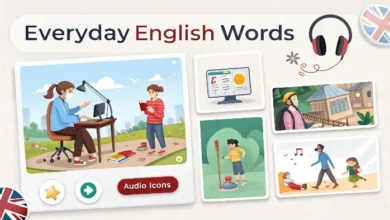
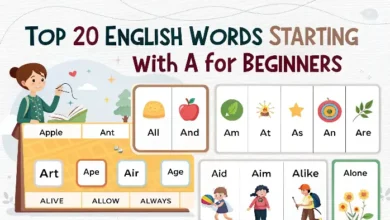
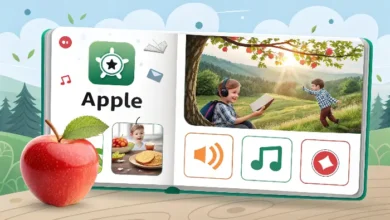
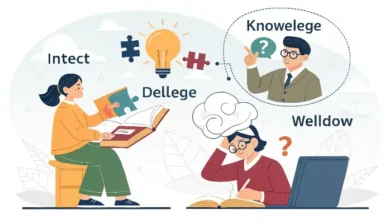
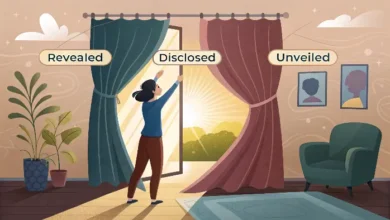
thanks
I am very excited to be in the group
Thanks
I will follow the given directions
thanks
Lesson gained thank you
Thanks
Wonderful